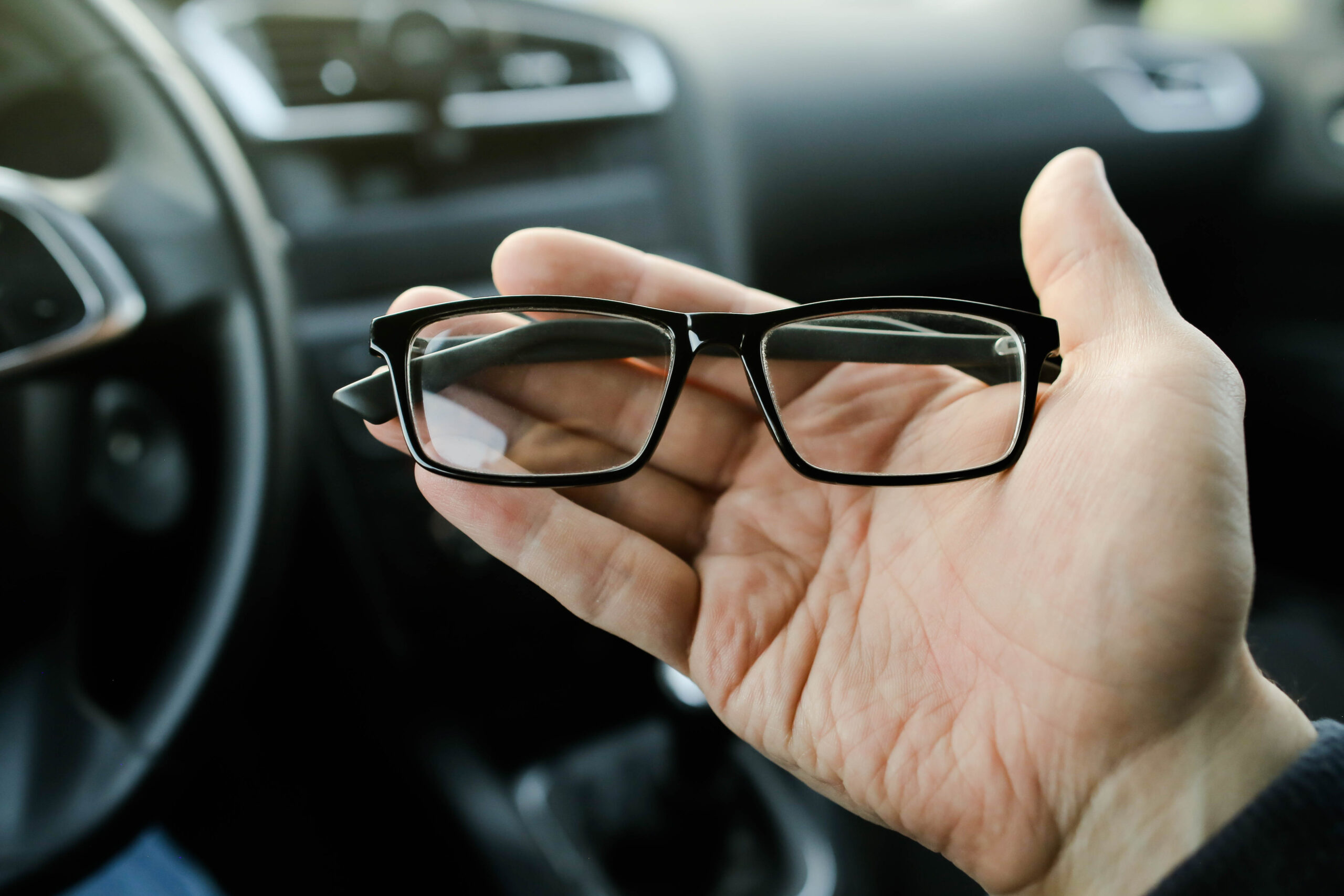By Karen Hayes
When someone lacks capacity to make decisions for themselves, whether due to age, illness, or disability, it becomes necessary to appoint a deputy to handle their affairs. A deputy is responsible for making decisions on behalf of the person, managing their finances, and ensuring their well-being. This is especially relevant for people who have suffered a Traumatic Brain Injury (TBI) as it can have a particularly debilitating effect on their quality of life which, in many cases, can be permanent.
One of the most important decisions to make when appointing a deputy is whether to choose a family member or a professional. To help you make an informed decision, here are some of the factors to consider when making this choice.
Understanding the role of the Deputy
Before considering who is the best person to act, it’s crucial to have a clear understanding of what a deputy does. A deputy acts in the best interest of the individual who lacks capacity, making decisions that align with their values and preferences. The duties of a deputy typically include managing finances, arranging care services, making healthcare decisions, and ensuring that the person’s daily needs are met.
Choosing a family member as Deputy:
Selecting a family member as a deputy often comes with a level of trust and familiarity that can provide comfort to the individual who lacks capacity. Family members may have an intimate understanding of their loved one’s wishes, making it easier to make decisions that align with their best interests. Again, this is particularly relevant when helping someone with a TBI because closest relatives are not only affected by the person’s debilitation, but are also likely to be responsible for providing most day-to-day care.
Family members are also more likely to have a deep emotional connection with the person who lacks capacity. They may be more attuned to their needs, preferences, and values allowing them to make decisions that prioritise their well-being.
Appointing a family member can also be cost effective. Unlike professional deputies who charge fees for their services, family members may be willing to take on the role without expecting financial compensation.
Choosing a Professional Deputy:
By choosing a professional deputy, you know the person possesses the necessary knowledge and experience in managing complex financial and legal matters. They are well-versed in the legal responsibilities associated with the role and can navigate intricate legal matters with ease.
Professional deputies can also provide unbiased perspective when making decisions, free from personal emotions or conflicts of interest. This impartiality ensures that decisions are made solely in the best interests of the individual who lacks capacity.
Another advantage of having a professional deputy is that family dynamics can change over time. However, professional deputies offer continuity and stability. They are dedicated to their role and can provide consistent support, especially in situations where family members may be unable or unwilling to fulfil the responsibilities of a deputy.
Family Member or Professional. Which is the best choice?
To decide whether a family member or professional deputy should be appointed, the individual circumstances of the person who lacks capacity should be considered. Their needs, the complexity of their financial and legal affairs, and the availability of family members should all be considered in making this decision.
It is also essential to consider the dynamics and relationships within the family. Conflicts or strained relationships among family members may hinder effective decision-making and potentially lead to disputes.
In some cases, it may be beneficial to appoint a combination of family members and professionals as deputies. This can allow for a balance between the emotional connection to family members and the expertise of professionals.
Choosing between a family member and a professional deputy is a decision that should be made carefully, taking into account the specific circumstances and needs of the individual who lacks capacity. There is no one-size fits all answer and the best choice may vary from case to case. It is crucial to evaluate the trust, expertise, objectivity, and continuity offered by both options to ensure the well-being and best interests of your loved one.
Coulthursts, the only UK legal firm to specialise in TBI and to fund up front care for clients while pursuing their claim for damages, is ideally placed to provide you with expert advice on the subject of choosing the right deputy for your injured relative.
If you wish to consider becoming a deputy for your loved one, further information on the responsibilities and the procedures that must be followed, are provided at https://www.gov.uk/become-deputy
For our terms of use and disclaimer follow this link: https://coulthursts.co.uk/legal-terms-of-use/










